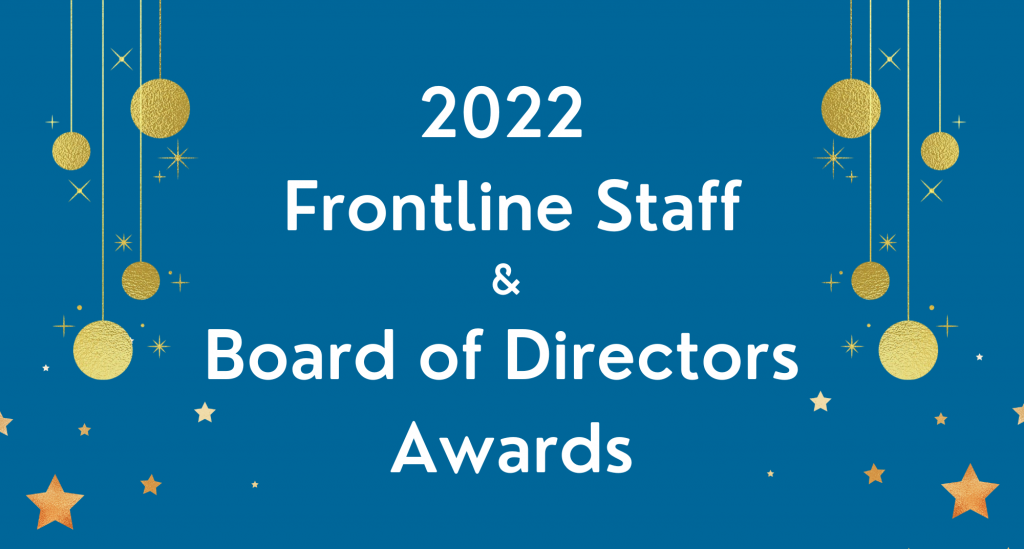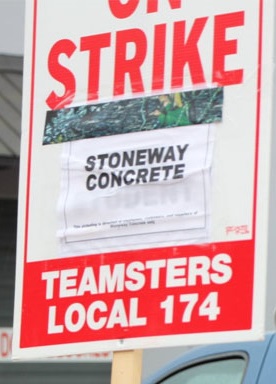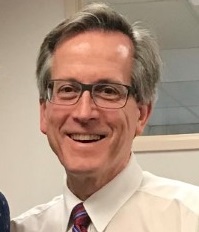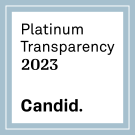Black History Month is an annual celebration of achievements by African Americans and a time for recognizing Black Americans’ central role in U.S. history. Since 1976, every U.S. president has officially designated the month of February as Black History Month. The 2023 theme, “Black Resistance,” explores how “African Americans have resisted historic and ongoing oppression, in all forms, especially the racial terrorism of lynching, racial pogroms, and police killings,” since the nation’s earliest days. As HDC, we are dedicating time this Black History Month to reflect on the past but more importantly focus our efforts on addressing systemic inequities for the generations to come.
Read MoreNews
Get Engaged for Black History Month
“This is a call to everyone… to study the history of Black Americans’ responses to establish safe spaces, where Black life can be sustained, fortified, and respected.”
– ASALH, on 2023’s Black History Month theme: Resistance
In honor of Black History Month, we’ve gathered a list of events from around King County with a focus on housing, architecture, art, and history. We truly hope you’ll join us in engaging with some of the Black-led organizations hosting or sponsoring many these events—not just during February, but throughout the year.
Read MoreAppreciating Mark Gropper
Mark Gropper, Executive Director of Renton Housing Authority, retired on January 6. We hope you will join us in congratulating Mark on this well-deserved new chapter!
Mark’s affordable housing story begins in 1983. He was studying pre-engineering at UW and eager to move out on his own, so when his friend told him about an opening for an “easy gig” where he could do his homework while watching a desk, he took it. That’s how 19-year-old Mark ended up working the graveyard shift at Seattle Housing Authority’s Morrison Hotel. With shifts from 11pm to 7am, the work turned out to be far from easy—but early on it had him hooked.
“It opened my eyes to a different world and a more enriching career. From that point on I poured my energy into being a houser.”
Read MoreAffordable Housing Newbie at a Community Meeting
My name is Elan, and I joined the HDC team in October as Communications Manager. I’m here because I believe that everyone deserves to be safely, affordably housed—but when it comes to policy, advocacy, and even the vocabulary of the affordable housing sector I have a lot to learn!
I know I’m not the only person who feels this way. So if you’re someone who is interested in advocacy action but doesn’t have much experience, or you’re also new to the sector, or you just want to learn a little more about the landscape of affordable housing, then I’m inviting you to come along with me!
Right now, the City of Seattle is hosting a series of Community Meetings about the Comprehensive Plan. This only happens once every 10 years—and it’s a BIG deal!
Read MoreHonoring Frontline Staff, Board Service

At our Annual Member Meeting last week, we had the honor of presenting our Board of Directors Award and Frontline Staff Award. Both of these awards recognize individuals who have been outstanding champions of HDC’s mission and have made an important impact in the community and affordable housing sector. We hope you will join us in congratulating these four awardees!
Read More3 Housing Facts for Transgender Awareness Week
November 13-19 is Transgender Awareness Week, a week for elevating transgender existence and resilience and for calling attention to the issues that transgender and gender non-conforming people face. It’s a week of education and action in the lead up to Transgender Day of Remembrance (TDOR), when transgender communities and their allies hold vigils to commemorate the lives of all transgender people lost to violence in the last year.
When it comes to housing security for transgender communities, and particularly for BIPOC transgender and gender non-conforming people, the numbers are stark. We realize that our vision for a King County in which all people live with dignity in safe, healthy, and affordable homes is one that cannot be achieved without reckoning with these disparities. As such, we’re including a roundup of good resources and stories of both the challenges and palpable successes of Queer and Trans BIPOC housing projects taking root in our community with great resiliency and triumph.
But first, the facts are:
Read MoreHDC Coalition Comment on Seattle Comprehensive Plan Update – Expand Scope for Abundant and Affordable Homes
We, the undersigned organizations, represent a coalition committed to advancing housing affordability and addressing climate change through Seattle’s Comprehensive Plan update, including affordable housing developers and operators, environmental advocates, climate activists, and grassroots housing organizers. We thank you for the opportunity to comment on the scope of the environmental impact statement (EIS) for the One Seattle Plan 2024 Comprehensive Plan update. It is essential that the City analyzes a full range of growth alternatives in the EIS. We urge you to expand the scope of analysis of each of the alternative growth strategies and to advance a new transformative Alternative 6, to provide as much flexibility to build as many homes as possible.
Read MoreAppreciating Mark Santos-Johnson
Mark Santos-Johnson, the Community Development & Housing Manager at the City of Renton, retired on May 20th.
Mark has worked tirelessly in the housing sector for more than 40 years – from working to develop and manage the Broadview Emergency Shelter with the Fremont Public Association (now Solid Ground), to working as the manager of the Low Income Housing Tax Credit (LIHTC) program at the Washington State Housing Finance Commission supporting the construction of thousands of affordable homes across the state, to spending the last twenty-two years at the City of Renton dedicated to developing affordable housing and providing greater opportunities for the community’s current and future residents.
Read MorePatience Malaba Named New Executive Director
We are very pleased to announce that Patience Malaba has been selected as HDC’s next Executive Director.
For almost four years at HDC, and in increasing levels of responsibility, Patience has served as HDC’s Director of Government Relations and Policy. Prior to that, she managed Seattle for Everyone, a broad coalition that was central to the success of Seattle’s Housing Affordability and Livability Agenda (HALA). Previous positions also include work with Futurewise and the Services Employees International Union (SEIU) Local 6
Patience has been recognized for her leadership in addressing the intersecting crises of affordable housing, racial equity, and climate change and was the 2020 Bullitt Foundation Environmental Fellowship awardee. A powerful advocate for affordable homes and equitable communities, her efforts have advanced cross-sector partnerships that result in equitable access to affordable housing. A demonstrated commitment to housing access, equity, and community makes her the ideal person to guide HDC into the next phase of our leadership role in creating affordable housing for all people in King County.
Read MoreHDC Seeking Fair Resolution to Concrete Strike

Unionized concrete truck drivers stopped driving throughout King County and the impact of the concrete truck drivers’ strike has a significant detrimental effect on the production of affordable housing. The negative impacts are substantial and as housing advocates, we are seeking a fair resolution as fast as possible.
As the Housing Development Consortium (HDC), we support the workers being paid fair wages and recognize the connection between wages and housing stability. We urge bargaining partners to advance good faith negotiations that include a fair contract for workers in tandem with ensuring the creation of desperately needed affordable housing.
The concrete strike has measurable financial impacts on affordable housing projects. The related delays cost the projects in two ways. First, the general contractor is entitled to schedule extensions that come with a cost. Second, the delay will force additional interest to accumulate on the construction loan and will incur delay penalties due to the late delivery of the Low-Income Housing Tax Credits. The combination of these two is enumerated at a negative cost impact of $3.8M collectively and grows each day the work stoppage continues.
Read More




